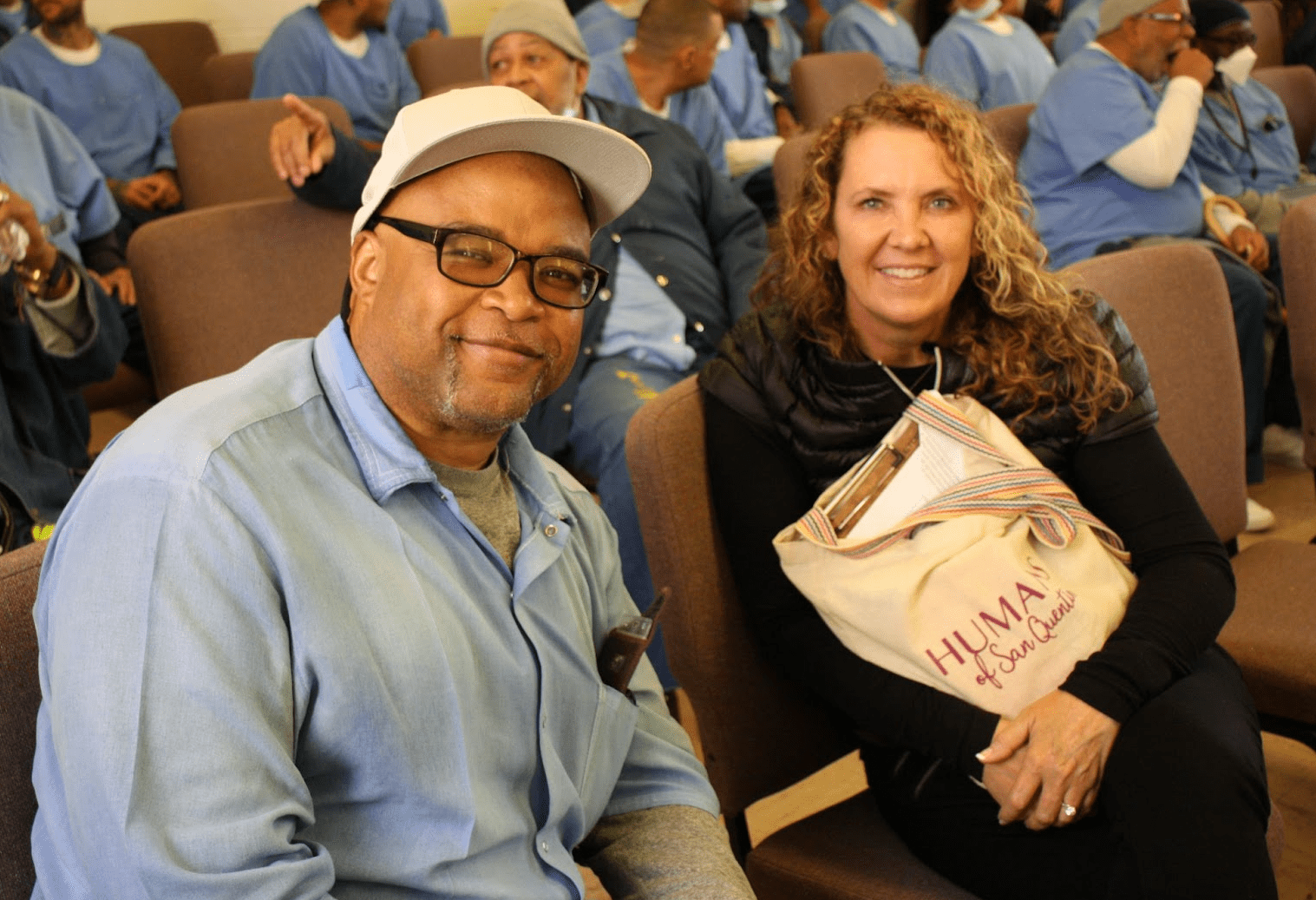
Red Flag Journals #6: “Family Man”
Jason and I were inseparable latchkey kids. Left to our own devices after school while our parents worked. We imagined forever making those syrup sandwiches (they’re exactly what they sound like) and “caramel corn” which was just popcorn mixed with butter, brown sugar. We spent time playing Monopoly, where I always served as the banker. I could charge Jason usury rates so he could stay in the game. I also exploited his trust in fairness when we’d play the game UNO, unknown to him, I’d stack the deck, ensuring I dealt myself premium cards such as DRAWfours on SKIP A TURN. Even back then I was cultivating a sense of entitlement as a dishonest way to feel superior. We had another outlet, television, a medium that served as an escape hatch into the magical world of creative fictions. My brother and I would binge watch cartoons, crime shows, westerns, horror and karate movies. But my favorite diversions were the family sitcoms, Good Times, Leave It To Beaver and The Brady Bunch. I envied the kids for their quality of communication, their quality of discipline, they were seen, nurtured and they mattered by their warm, emotionally available parents. Who met their children’s needs while serving as buffers against cynicism. Those sitcoms were unapologetic in their saccharine idealism, promising that life held more good than pain, promoting persistent form that all crises were manageable and solvable. By comparison, I believed I was the victim of some bad bargain since I too wanted the type of dad to check my homework, instead of checking me; In theory he helped me figure stuff out, he shared the secrets of manhood because I remained convinced I wasn’t getting something essential. As I got older, I felt the constant weight of desperately wanting his validation rather than disapproval.
Red Flag Journals #5: “Guiding Rage Into Power: Belonging…”
I never fit in. Whether that is fact or interpretation, this feeling haunted my childhood like a shroud.
I didn’t belong. I felt awkward. I was insecure and an introvert. I suffered through this social suffocation, silently screaming at home, at school, on the neighborhood streets and even in church. I grew up believing I could fall and no one would hear. Where were the safe spaces where I could just be seen, heard or accepted? Defensively, I escaped into indifference, magical thinking, my imagination, into the world of books, video games and eventually porn. All while cultivating a false self, a straw-man made of arrogance, pettiness and shallowness. I was a person who could slow the rising tide of insecurities, fear, anger and despair. The truth is I did care about validation from the outside, and my failing ability to connect with people while feeling shameful about myself. I wanted to belong.
I never believed anyone would want my most unapologetic self, so I shed genuineness for a mask of false confidence, and swagger. In high school, I played it cool, convinced I was a trojan horse, accepted, but when I reached the hierarchy of popularity, I was told I didn’t belong. This rejection reminded me to keep myself small, and like Icarus, not to fly too close to the sun! Even my pain, evident in every breath, said, “You don’t matter.”
At 19, after my mother died, I moved from the San Francisco Bay Area to Sacramento, delusionally believing in the liberty of reinvention. But freedom without meaning is just drifting. I was embedded into a cohort of reckless separatists, loyal only to false idols and things no one should be proud of; estranged from authentic feelings, morals, sobriety and humanitarianism. Yet, I went from a sense of exile to joining, radicalized into a purposeless life of having no consequences. I finally had a welcomed identity, never mind that it was founded on maladeption, criminality, objectification and an infatuation with childishness. Way too comfortable giving up on myself, I wanted to be retributive and give society back those silent screams I trusted in the grand ideas my distorted entitlement gave me. Choice by choice my life was built. Choice by choice my life squandered, like the prodigal son without the necessary redemption.
Here at San Quentin, I started to wake up. I heard about a group, Guiding Rage Into Power (GRIP) that it was life affirming, transformative, a safe space, and a platform to exercise the twin demons of shame and low self-worth. In this arena, there would be healing as well as a chance to learn, to transform violence into emotional intelligence and mindfulness. To get into the group, I heard there was a notoriously lengthy waiting list. So when I bumped into the group’s founder, Jacques, I gave him my spiel, bracing for rejection, ready to be reminded to stay small, like Icarus. And yet he did something I didn’t see coming: he invited me to belong! He said I’d start with the new TRIBE already underway, for the next year, on Fridays. He offered me a passport to matter, and it has made all the difference.
In the next year I learned to accept myself, while simultaneously unlearning the attitudes that caused so much suffering and pain. I embedded with vulnerable men, who for the first time, reconnected with their feelings, united in the common virtue of rehumanization. I found empathetic witnesses for my shame, because this platform rejects any perspective that isn’t self-nurturing or empowering. I recognized what I did with Jacques was to ask for help. I learned not asking for help is the worst part of masculinity. Not belonging doesn’t hold authority over me. I am no longer a failed joiner. I am part of a community dedicated to reclaiming their lives and feeling good about positive choices; I don’t have to earn my status based on a projected performance, so compelling that I didn’t recognize the mask wasn’t me. This acceptance isn’t based on comparing, power struggles, scoring or a broken moral compass. I am valuable because I exist. Salvation always lies within. I’m healing without my self-esteem being threatened. I can breathe without pain. I have been found.
Red Flag Journals #4: And the Oscar Goes to…
Since I enjoy watching movies, I have more than a peripheral interest in who will win for best actor- you know, the one who sold their riveting presentation so superbly that it begs the question: Where does the real person end and the actor’s performance begin?
As I reflect upon my own theatrics through the years, I know no one will reward my performances as the best of anything! I’ve played the arrogant cad, irrational thug, unhinged drunk, poor friend, obnoxious co-worker, unrepentant criminal, and abusive boyfriend. I’ve been the extra with no moral compass. My portrayals created chaos, dysfunction, and pain. I was the Star of People’s Regrets!
But no one is born to be the villain. We arrive in this world pure and fundamentally good. Then life hands out its scripts. Those fortunate enough to be raised in a loving, safe, and nurturing environment are better equipped to navigate negative societal influences. Yet those disconnected from their core self are vulnerable to addictions, criminality, maladaptive beliefs, and an antisocial personality. Our hearts are unmastered. We wear masks to cope, and those masks become normalized long after they serve their purpose. The arrogance, hostility, and manipulation are coping strategies, but the method acting validates the disguise.
I wasn’t born sexist, lustful, abusive, racist, or a criminal thinker; I picked up these subplots by choosing to defend myself from feeling like a nobody. I embodied a character straight from hell’s central casting. False pride contradicted my shame. Violence gave me a swagger; narcissism gave me permission to violate boundaries since the rules didn’t apply to me. Staying in character soothed my fears of inadequacy. I forgot the part of me that was good. Where did Dennis end and the caricature of the toxic male start? Could I ever recalibrate my heart and soul?
When I met my ex in 1990, I fell for her. I didn’t love myself and had only known an indifferent type of love, but I knew I “loved” the idea of her. Fortunately, she wasn’t wearing any masks or we’d both be attendees at a masquerade ball! Her genuine goodness affirmed my resounding irreparability. I acted as if I had it going on, leading with my best “not crazy” persona- yet it couldn’t be hidden indefinitely.
The Bible makes a reference to whitewashed tombs- attractive exteriors, spiritually dead. That was me. I embodied the role of a charming suitor, a chameleon impersonating a gentleman while concealing the dark, controlling sub self. In the interest of becoming her heart’s answer, I was attentive, sentimental, tender, calm, egalitarian; gifts, flowers, “by all means, go, go spend time with your family and friends… I’m not tripping” (Yet). She commented, “You open doors for me, you’re such a gentleman!” This was like a romance movie directed by a poser. I shined in that first year as if I was auditioning to cast a lasting impression. By the time she began to “see” through the cracks of my projections, she had already surrendered her objectivity.
And the Oscar goes to… Prince Charming?
The fiction wasn’t sustainable. Below the surface lay a default setting of pettiness, insecurities, jealousies, sexism, impulsivity, abuse: all easily triggered when faced with losing control.
I could stop pretending. Better to cage and coerce, how could anyone love the real me? I thought it was better to focus on controlling her, rather than myself. Manipulative people have to be fake. Shakespeare once wrote, “to thine own self be true,” but I didn’t trust life like that.
What a stellar performance! The immaturity, vulnerabilities, toxic maleness, all disguised in the pretense of stoic strength. So, how did this farce end: Spoiler alert: badly. Her life became a crutch for my emptiness for eight years. The person who showed up for the auditions should’ve been killed off in the second season of “Man-Child Loses a Girlfriend.”
For years I chose an exhausting route based on unreliable inner monologues. I ruined every good thing, sacrificing all to the sideshow that was Dennis. I’m taking my life back.
How do I reclaim the original truth, right and good? I’ve learned to dismantle the parts of my life that were purely performative and strip away the defenses that protected the inauthentic self. I acted like I abandoned faith, hope, and love a long time ago, but they never left me.
Now when I stray off the path of light, I check myself with centering reminders, like watching my daughter be born, kissing my mom’s cheek on Mother’s Day, memories of bookstores I escaped into as a kid, and, yes, that first year with my ex. I listen to the gentle voice of my authentic self with its promise of unconditional freedom. If I act “fake,” the voice announces, “…and the Oscar goes to…” This is enough to anchor me, to award me in the role of dignity.
Shakespeare said, “All the world’s a stage, all the men and women are merely players… And one man in his time plays many parts.” I have agency. I can pick my parts!
Red Flag Journals #3: This Is What That Feels Like
I did not want to come to San Quentin. And it is a fact that I did what I could do to avoid the transfer. I was firmly embedded at CMF Vacaville where I made the best of an end-of-the-line kitchen job. At that prison, at least, I could watch the sands of self-loathing run out of the hourglass of hopelessness.
When the counselor pronounced that I was being shipped out, I had the nerve to act indignant; I felt bullied. I didn’t want to go! I was being controlled!
Oh. This is what that feels like.
I may have taken some comfort in the fiction that I was being victimized, but the truth was a lot stranger – I was a hypocrite. In another life I had made controlling others a dark principle. Feeling entitled in my male privilege. I needed to rule partners who could polish my ego and amplify my exaggerated but brittle self-worth. In short, I needed them to be malleable. I’d co-opt their wishes, values, placing them in my personal tip jar of frantic demands and thoughtless, self-indulgent expectations.
The “WE” became “ME.”
The transfer to San Quentin isn’t the only example of capitulation and surrender. It happens frequently here throughout the day. Any resemblance to self-will is dubious and measured at best. I’m told when and where to eat, what to wear, when to shower, get fresh air, come, stop, go.
There is no choice––in doctors, church, or a friend––you take what you can get. I got up this morning and ate another unremarkable breakfast because the alternative is to starve. I defer to this authentic, institution, no, patriarchal power – it is retributive, patronizing but it is undeniable. It is hardly the infantile, shallow brand of “power” I brandished over my vulnerable partners.
Any claim of sorrow, repentance, or amends would probably seem convenient if not suspicious considering the scale of my rash life choices. And I can’t say this isn’t a form of justice; the suppression I put out into the world has come home to roost.
I made cruel decisions so the state has placed me here, in a burnished cage, until I can figure out uncruelty; until I can align myself with society’s wishes, values. Until the “ME” becomes “WE.”
Last night I was ordered off the phone. I felt checked, powerless, and disenfranchised, bossed.
Oh. This is what that feels like.
Red Flag Journals #2: Gaslighting
My recent homework question––”Do you think psychological abuse is more devastating than physical?”––gave me pause before I answered yes. I’m able to give that answer in confidence because I’ve used these years of incarceration to educate myself on the many subtleties of intimate partner violence.
I understand that physical abuse is an arrestable offense and carries with it legal as well as social consequences. But this knowledge doesn’t make psychological abuse any less deplorable; it is an attack on a victim’s dignity, an undermining of their self-worth, and those types of wounds will linger long after the physical fade away. It is a sad reality that I’ve used these types of mental abuse without truly understanding my own dark objectives to tear my partners down so that they are easier to manipulate.
In the last days of our marriage and I sensed the balance of power shifting in Jasmine’s favor, I grew increasingly panicky, resentful and desperate. And entitlement to male privilege has always assured me that I have a right not to feel hopeless. As Jasmine slipped away and the containment tactics failed, I reached into my toolbox for a solution. But it has always ben shallow, irrational box, because it only had room for one tool: violence. I saw a movie once, “Gaslight,” where a husband manipulates and dims the lights in the home. When his wife complained, he assured her that she was imagining things; he was certainly not turning the lights down. His dishonesty was breathtaking. And while his conduct was nonphysical, his attitude and discounting was abusive in nature. I’m guilty, just like this fictional husband, because I was gaslighting Jasmine, manufacturing her reality. “Crazy-making.”
I chose to weaponize both the household income and Jasmine’s insecurities. I cut her off, restricting her access to funds and resources which I knew was a source of independence as well as planning that probably didn’t include me. My goofy scheme of withholding was designed to increase her reliance on me, return my misappropriated power – give it back. My dark strategy, while unethical, had some logic to it. As our marriage deflated, Jasmine’s priority remained keeping a roof over our three daughter’s heads. She wanted better for her girls – much more than the chaos, dysfunction and brokenness of her own inconsistent childhood. I knew this, banked on this – I capitalized on this intimate knowledge, handing her a “crazy-making” script of false financial assurances, mutuality and change that would benefit everyone. I ensured that she would silence her personal survival instinct for a greater good: hope for her daughter’s wellbeing. This trap was all smoke and mirrors, false security.
The irony is I was more scared, frustrated and hurt than she was. I saw another setback, defeat, a loss I couldn’t handle with grace. Prior to this I wasn’t a family man, I was just a man with a family. And now here I was in some terrible fight or flight state, making honeymoon promises about an institution of marriage I had shown little respect.
But here is the secret of unimaginative patriarchy: it is a house of cards. I was the needy one, but I disguised it in bluff, denial and finally desperate rage. I was threatened by her responsible strength which contrasted my shameful weakness.
But in the spirit of Gaslighting, I denied I was scared of abandonment. That I could hold my own hand and get through a tough time with dignity, the way millions of people do daily.
I think about my homework question and it is the wrong question – all abuse is devastating and immoral. But it makes me think of another misguided question that would miss the point behind my tragic choices. I don’t ask why didn’t Jasmine just leave; the real question should be why didn’t I just let her go?
Red Flag Journals #1
I’m currently incarcerated for murdering my wife, Jasmine, in our living room. Nothing I write here is intended to justify, condone or absolve me of accountability for my choice to use violence against Jasmine. It was inexcusable, criminal and I pleaded guilty because I was guilty. It is my fault. I didn’t know what I didn’t know – 18 years ago or even threads that stretch back to the 1970s. I was imprisoned by my thoughts before I came to prison. Besides walking the paths of shame, regret, remorse and guilt, I engage in the folly of what I could’ve done differently to de-escalate a conversation that went from civil to homicide that afternoon. I am going to share with you the processes that would have kept me seated on the couch moments before I attacked Jasmine. Here is what I’ve learned the last eighteen years:
Empathy
That fateful afternoon I distortedly told myself, Jasmine was the enemy, my tormentor. I was the victim. She was an awesome mother, a good wife and she deserves better. I didn’t tell myself the right story. I didn’t question if my thoughts were real or reel. I recall the pain of my mother’s sudden passing when I was 18. The despair, the tailspin, the loss. But I didn’t recall that memory as I came off the couch and attacked Jasmine, essentially making my three daughters at daycare orphans. I never disrespected my mother or grandmother, I was on my best behavior around these women. So why not my wife?
Toxic Masculinity
I now understand I was socialized into a warped ideal of masculinity, that was toxic in its origin. Sitting on that couch, I not only denied being in pain but I wouldn’t acknowledge or recognize my primary emotions: hurt, fear and shame. It was more comforting to let anger bully those feelings and convert them into false pride, power and confidence.
Seeking Help
I’ve learned about extreme individualism. I didn’t ask for help for my mental health issues because it wasn’t a sign of strength or seen as manly.
This is only a ⅓ of Dennis’ story, please continue reading about his journey to self actualization on our website.
Mindfulness
A critical component to retaining dignity and composure. By tuning into my bodily sensations, what I’m physically sensing in the present moment, I’m able to be aware of my thoughts without attaching reactive labels to them. I’m aware of aggression and how it plays out in domestic violence. Being grounded by definition cultivates more choices. They include inner dialogues I’ve learned in AA: “First thought wrong” “Do the next right thing” “Will this decision affect the quality of my life?”
Domestic Abuse
I understand even when violence isn’t physical, there are other acts that I used to impose my will on my partners. I didn’t know belittling, betrayal, harassment, coercion, fear, lies, slamming doors, throwing keys, eye rolls, weaponing the finances and heavy breathing are all forms of domestic violence. I do now. I’ve learned that daily life stressors such as bills, unemployment and medical issues can pressure cook and be catalysts for domestic abuse.
Childhood Trauma
I’ve learned I wasn’t responsible for my upbringing, my own abuse and trauma. Now, as an adult, I’m responsible for my choices. I’m responsible for not seeking a sponsor or mentor to help me reimagine the poor example of manhood I saw as a child. I was a man-child, needy and dependent. I mentally never left home. I continually burdened my partners with unrealistic expectations, seeking the parent I never had.
I’ve learned to hold my own hand. I’ve learned about the shame and the pain I’ve carried all my life. I’ve recycled it and I transfer it to others dehumanizing feelings. In the past, I never had a problem dehumanizing others. Now, I’ve learned I can’t use my past to justify hurting others. My past shouldn’t be another’s future.
Relationships
A relationship is not a win-lose zero sum game, as I’ve always approached them. I’ve been taught the concept of time-outs. Where mindfulness meets intention in an escalating heated situation. I’ve learned about fair negotiating, effective communication, agreeing on how to disagree. The 48-hour rule where a couple can revisit a disagreement in two days to determine if it is still relevant. I had a family that loved me, the love I always perceived as elusive. My daughters would run outside to greet me when I arrived home. But my mind was shallow and self absorbed. Now my daughters run from me, 18 years later. Actions have consequences. In critical moments, it’s not just what is occurring. It’s how the story is being told, about what is occurring. After my self evaluation, I realized I lacked the values of grace, humility, fairness, and gratitude.
Adulting
I’ve learned that starting my own family was a privilege, a responsibility, not a right or accessory. I had a family yet I acted as if I was a bachelor. I now know to pick a lane and stay true to it. An unacknowledged belief system is how I internalized women, they were weak and inferior objects. My narrow minded sexism and sense of entitlement couldn’t tolerate Jasmine’s standing up for herself. Women existed to tell my fragile ego how great I was. My abusive dysfunction was dangerous. I’ve learned there are always alternatives to violence. Real men maintain self control and meet challenging moments with integrity. That the strategies I used to sustain control with women consistently undermined our trust, intimacy, love and connection. In other words, an equally satisfying mature relationship.
Control
I’ve learned that domestic violence isn’t a crime of passion, an anger problem, snapping, losing control, or fostered by substance abuse. It is about power. And control. And it is always a choice.
Today
In San Quentin, I facilitate groups on domestic violence and share these lessons with men who will return to their community and relationships, where I’m transparent in sharing my narrative. Everything I do is about amends, to honor Jasmine. Compassion, kindness, advocacy. I can’t pay it back, but I can pay it forward. Remorse and guilt aren’t silent spectator events. I’ve never rationalized or blamed anyone for my choices that day. That’s like looking in the mirror, seeing a dirty face, and wiping the mirror. San Quentin’s culture of transformation has allowed me access to education, resources, literature, workshops and self help groups where I gained insight and understanding into how my anti-social beliefs and actions became normalized; to see the unseen foundation of my attitudes to make the unconscious conscious.
I’m responsible for taking my daughter’s mother.
For Jasmine not reaching her future, her benefit to society.
I rightfully sit in this cell.
I’m a cautionary tale.
If someone reads this in the community…
before a family is annihilated by patriarchal recklessness
before someone is taken that isn’t yours to take
before an act is committed that can’t be undone
before the action that ends will never be unseen
before residency is taken up in these cold, lonely institutions
before tears stain the pillows every night
before the life sentence
before the children have to go to the cemetery to visit their parent
…choose responsibility before you leave the couch.

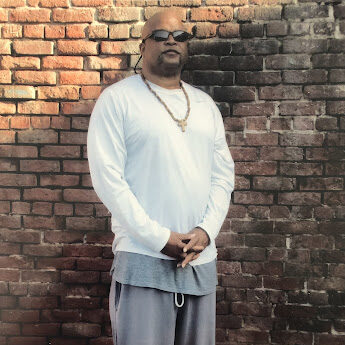
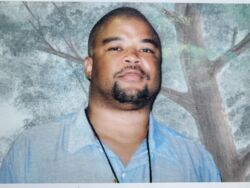


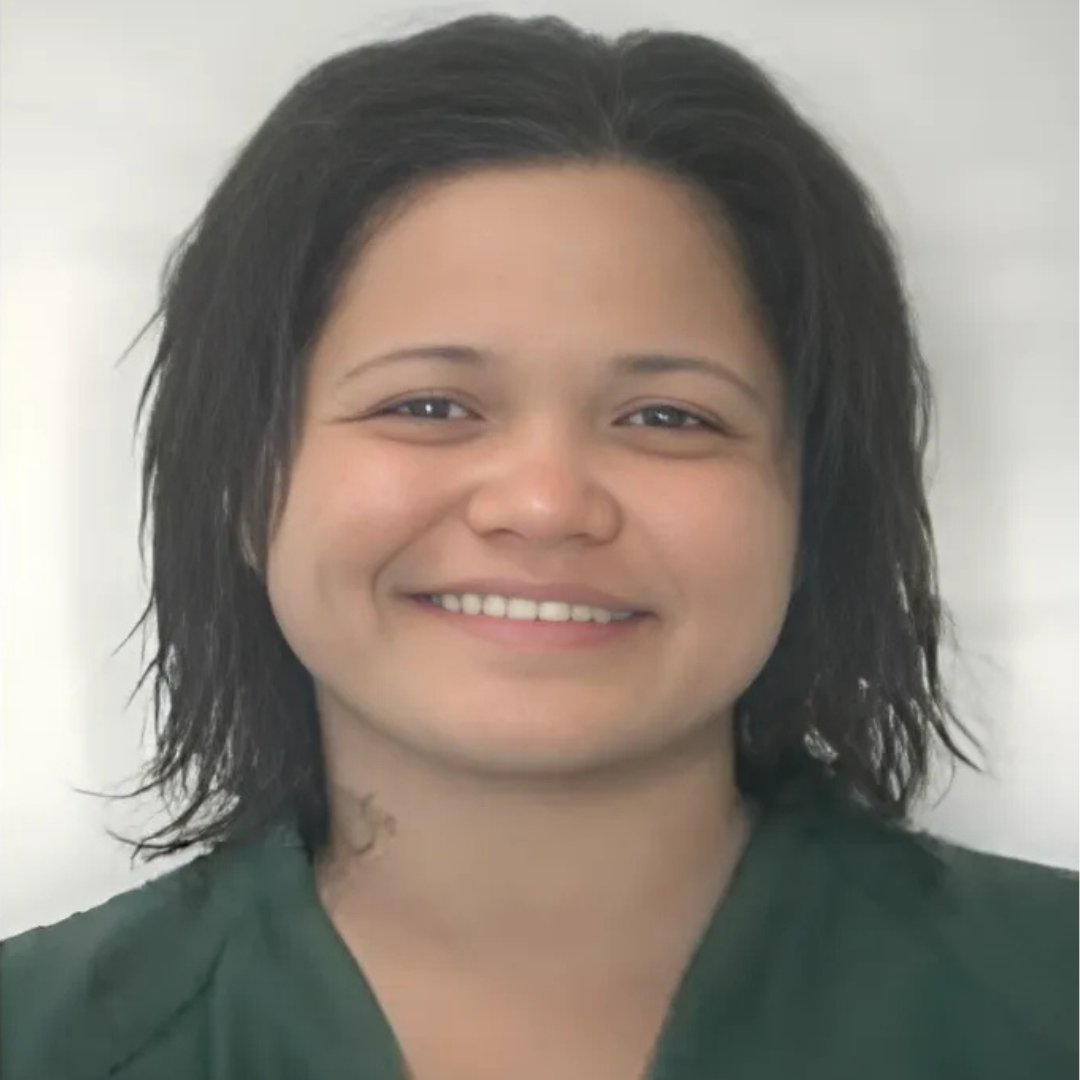
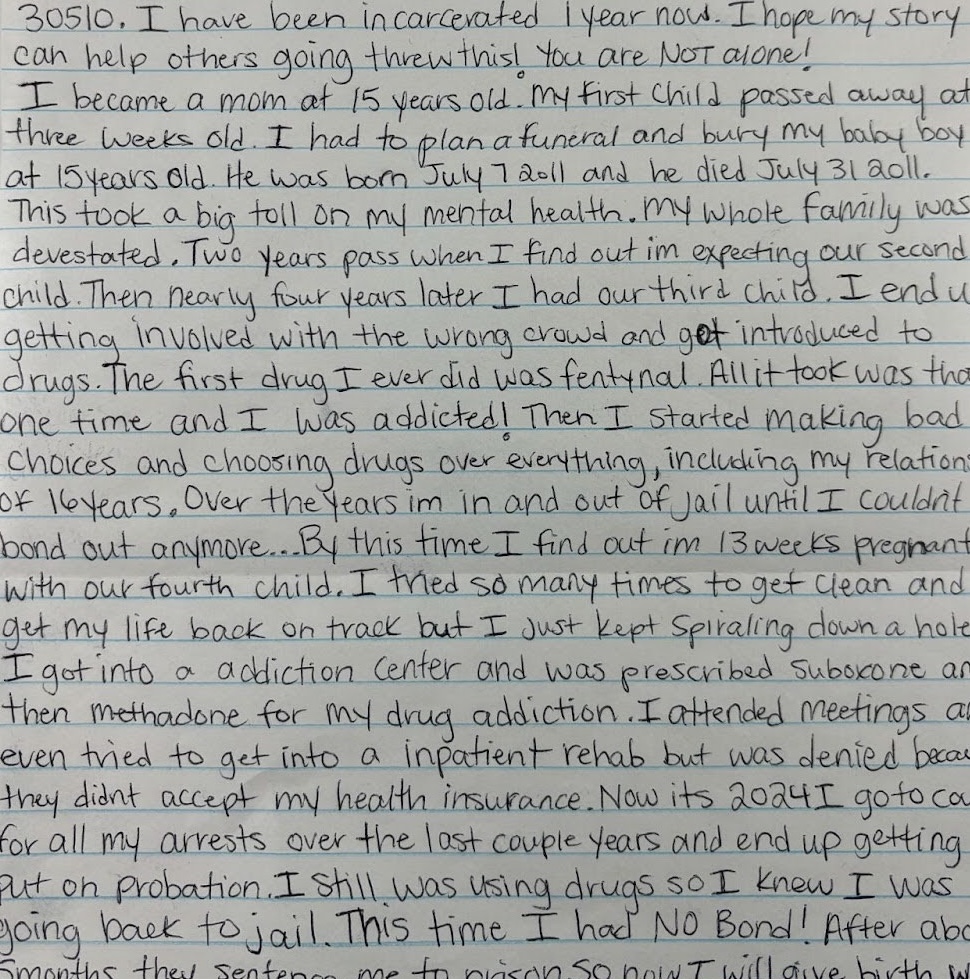

These are all so powerful, and I’m grateful both for the journey you’ve now chosen to take, and for your mentorship in helping other men come to the truth of their own hurt behind their abusive behavior. I only wish that there were other men just like you, but maybe that’s what you’re working on. I’m glad this story is out here. I wish that it could be shouted from the tops of the buildings. So much insight and self-understanding, and I hope, self-love, is now your story to share and teach. Keep up the good work and know that you are making the world a better place. Take care, Laurel